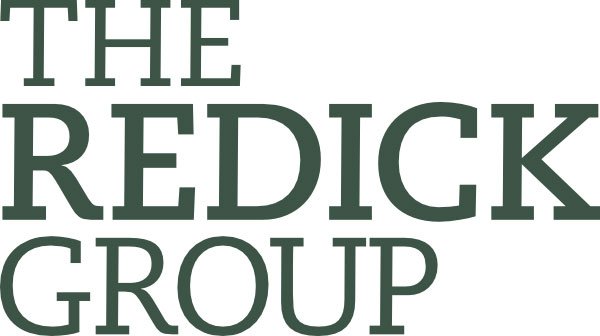The Surefire Way to Gamble With a Recruiter's Patience
As a former retained executive search recruiter—that is to say "one charged with finding needle in the haystack candidates for some of the world's largest companies"—I can't tell you how many times I had a simple problem.
I sat there with a golden ticket for someone. I had my target list of potential candidates, carefully assembled by our research team. And on that list, I would periodically come to names that I couldn't readily pronounce.
It's a quick business at that point, so asking others or searching for online pronunciation isn't feasible. So as I dialed, I would simultaneously sound out the name, hoping for the best. And by the best, I mean that the person will state their name upon answering.
RING!
Inner dialogue: "Oh dear good graces of the universe and beyond, please let them say it before I'm forced to stammer through it."
RIIIING!
Then they say it.
Hello?"
More inner dialogue: "Doh!"
So I roll the dice and utter a series of syllables as sensibly can, but that really sound more like this:
Hi there ... may I speak with ... Bee-nolo-block-dee? It's Jared Redick calling from [Firm Name]."
And then I'm corrected. I practice the name aloud a few times, and hopefully gain traction on a call that's awkward from the start.
There are at least two reasons to state your name when answering the phone:
Pronunciation
Privacy
Following are three ways to pave the way to an easier conversation.
1. Make a habit of answering, "Hello, this is [Your Name Here]."
I answer the phone this way if I don't recognize the caller, and my name is simple. Jared. (Although leave it to the Starbucks barista to muck it up.) At the very least, I want the caller to know they've reached the person they intended, even on my private cell phone.
2. Provide a phonetic spelling on your résumé.
If you're a job seeker, a helpful solution is to place an asterisk behind your name in your résumé's masthead, then a corresponding asterisk in the footer, where you can include a phonetic spelling.
The international phonetic alphabet (IPA) is a universal tool across many languages, but not recognizable by everyone, so this website might help in your effort to illustrate both vowel sounds and syllable stress.
3. Leave your name in your outgoing message.
If you're actively job searching, anticipating an active job search, or simply open to passive opportunities when recruiters find you on LinkedIn and call you—make sure your name is spoken aloud in your outgoing message.
Robo messages like, "I'm sorry. 5-5-5---5-5-5---5-5-5-5 is not answering. Please. Leave. A. Message." They just don't cut it.
Frankly, when I was still recruiting and got those messages, I dreamt about leaving this message: "7-7-7---7-7-7---7-7-7-7 has called with an interesting job opportunity and a possible fifty percent increase in income for 5-5-5---5-5-5---5-5-5-5. Alas, s/he was unreachable and this opportunity will go to someone else." (I jest, of course.)
Here's my suggestion for a simple outgoing message:
You've reached [Your Name Here] at [555-555-5555]." One beat pause. "Please leave a message and I will call you back." Wait two beats, then beep.
This may or may not come as news, but people know what to do when leaving a voice message. It's not 1984, so there's no need to instruct callers to "Leave your name, phone number, and a brief message."
And yes, I realize that in today's world, they might not even listen to it!
A note about privacy.
If you let robo-voice simply state your phone number in your outgoing message, your caller won't be guaranteed to have reached you. And if you simply say, "Hello?" your caller has the awkward task of verifying whether they've reached the right person.
Many hiring managers and recruiters are rightly cautious about leaving any details at all when they may have reached someone besides you. Your spouse? Your assistant? Or anyone else who might not know you're conducting a stealth job search?
The list is long as to why recruiters care about confidentiality. Don't make them leave a benign message because they're not sure the recipient is you; or worse,hang up without trying.
Takeaways.
I'll admit that I've come to the point where I don't care much for voicemail. I'd rather be texted. But voicemail communication is still a part of business.
Recruiters and other folks who may represent career opportunities still make phone calls. Don't give them a reason to avoid calling you or leave a message because of a simple thing like your name.
●●●●●
San Francisco-based corporate copywriter, executive résumé writer, and career transition coach, Jared Redick, works with senior leaders at Fortune 50 companies and beyond. He draws on early experience in retained executive search and nearly two decades of résumé writing to help stealth job seekers re-imagine the marketable intersection between their background, interests, audience expectations, and career goals.
Jared's strategic “purpose, content, design” approach to writing helps companies and executives understand their value, develop their unique professional brand, and position themselves online and on paper.
Reach him at info@theresumestudio.com or 415-397-6640. Follow @TheResumeStudio.

